When should I take my pet to the vet when he or she has diarrhea?
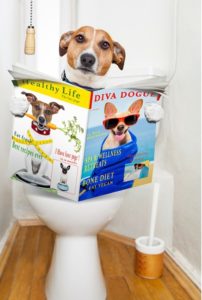
Take your pet to the vet immediately if they are experiencing any of the signs listed below:
- Your pet is otherwise happy, but diarrhea continues more than 48 hours.
- Your pet acts sick along with having diarrhea, such as being lethargic, vomiting, or loss of appetite.
- Your pet has more than a few drops of blood in their stool, which could be caused by straining.
- Your pet has a fever of more than 102.5 F, which is a normal temperature for dogs and cats. (you can take your pet’s temperature with a thermometer rectally. I know…yuck!)
What can I do if my pet is acting normal to help with the diarrhea?
Give your pet a bland diet of boiled boneless chicken breast cut or shredded in small pieces and white rice. Cook white rice per package instructions. Boil chicken thoroughly until it is fully white inside. Feeding undercooked chicken can cause diarrhea and vomiting. Combine equal parts boiled chicken to equal parts white rice. Keep refrigerated until ready to use, then warm just before feeding. Feed 1 cup per day for every 20 lbs. of body weight. Divide the diet into several small feedings per day. If after 48 hours your pet is symptom-free, slowly change back to your pets regular diet. We also sell two brands of prescription bland diets, Science Diet I/D and Royal Canin GI low fat. Conservative treatment of a bland diet is not recommended longer than 48 hours if diarrhea persists, as pets can dehydrate quickly.
Do not give your pet Imodium, Pepto Bismol, or any other over the counter medication without consulting a veterinarian first.
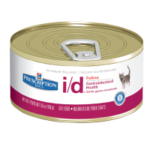
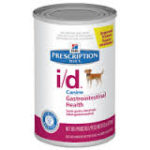
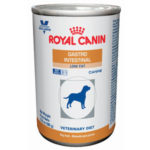
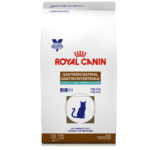
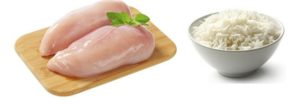
Why do pets get diarrhea?
There can be a number of reasons pets develop diarrhea. Listed below are the most common reason.
- Intestinal parasites such as roundworms, hookworms, whipworms, tapeworms, giardia and coccidia.
- Stress
- Change in diet
- Dairy or other food intolerance
- Bacterial or viral infections
- Certain medications
- Garbage gut (from eating food out of the garbage can)
- Parvo, a viral infection that affects the immune system and intestinal tract mostly in puppies and can be fatal.
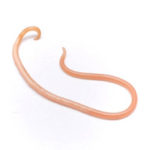
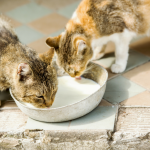
If you are concerned about diarrhea in your pet, please call us at (513)232-4550 and we can give you the advice you need, or schedule an appointment to determine the best course of action to help.

